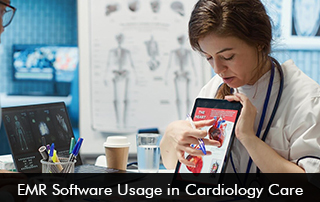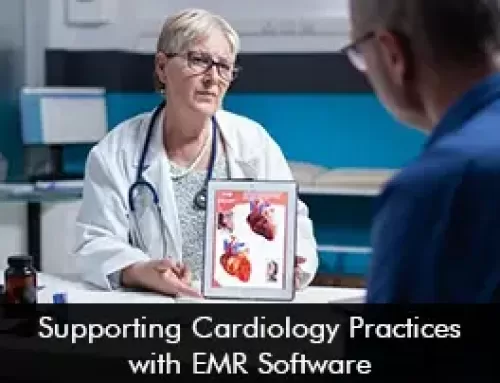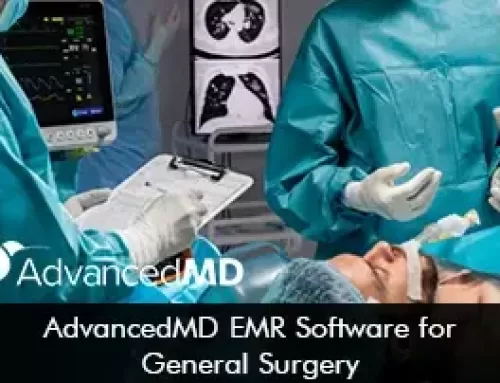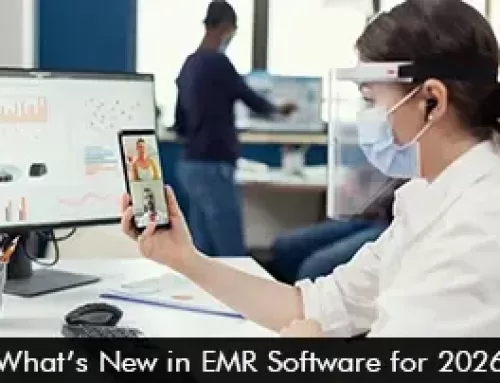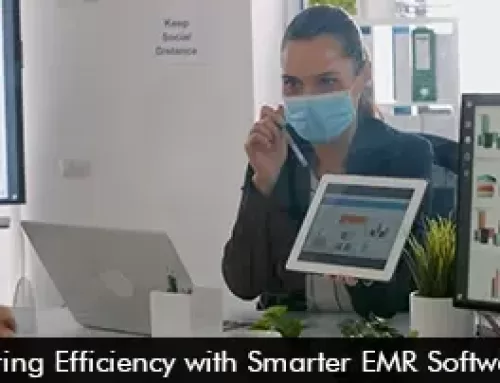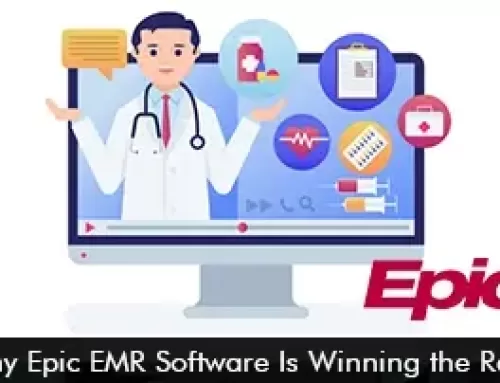Cardiology stands out as a medical field that deals with a ton of data and has incredibly high stakes. Cardiologists must handle all sorts of complex diagnostic information, from EKGs and stress tests to keeping a close eye on long-term heart problems. They need tools that work well, are accurate, and are easy to access. This is exactly where Electronic Medical Records (EMR) Software becomes a game-changer, making it easier to care for patients, boosting teamwork among healthcare providers, and ultimately leading to better results for people battling heart disease.
Specialized Tools in Cardiology EMR Software for Complex Cardiac Workflows
Cardiologists do much more than write notes; they interpret imaging, manage devices, monitor labs, and respond to acute events. EHR Software designed specifically for cardiology includes specialty-specific templates and integrations, such as:
- Cardiac imaging and echocardiogram reports
- EKG and rhythm monitoring integration
- Risk calculators for stroke or heart failure
- Smart order sets for cardiac medications and labs
These features in the Cardiology EMR Software System enable cardiologists to document faster and focus more on patient care rather than navigating cumbersome, generic systems.
Making Diagnosis and Treatment Faster with EHR Software
When it comes to heart problems, time is of the essence. EMR Systems equips cardiologists with instant access to crucial information—past diagnoses, vital signs, images, lab results, and earlier treatments—consolidated in a single location. Rather than sifting through numerous paper documents or navigating different systems, they obtain a comprehensive clinical overview in mere seconds.
This rapid access results in quicker, more precise diagnoses and enhanced care coordination. For example, if a patient arrives with chest pain, a cardiologist can swiftly examine their most recent stress test, EKG findings, and troponin levels, facilitating the determination of the optimal next move.
EMR Software Boosts Patient Involvement and Check-Ins
Heart conditions need constant attention, adjustments to daily habits, and regular check-ins with the doctor. EHR Software steps in to fill the void between appointments by offering:
- Automated reminders for upcoming appointments and check-in notifications after visits.
- Safe online patient portals for sharing test results and medication changes.
- Tools to track care plans for issues like high blood pressure or irregular heartbeats.
The American Medical Association (AMA) points out that stronger patient communication, aided by EMR Software, results in patients following their treatment plans better and experiencing more positive health results, particularly for ongoing health issues like heart disease.
Supreme Preventive Care with EHR Software
Beyond just tackling current heart issues, cardiologists are also key players in preventive healthcare. They do this by identifying high blood pressure, high cholesterol, and early indicators of heart disease. With Electronic Medical Records (EMR) Software, these preventive steps are even more effective. The EMR Software highlights when screenings are needed, monitors family health backgrounds, and computes risk assessments.
The robust technology of EHR Software makes it less complicated to report quality data for CMS and MIPS initiatives. As a result, cardiologists can fulfill regulatory requirements more efficiently, allowing them to focus more on their patients.


